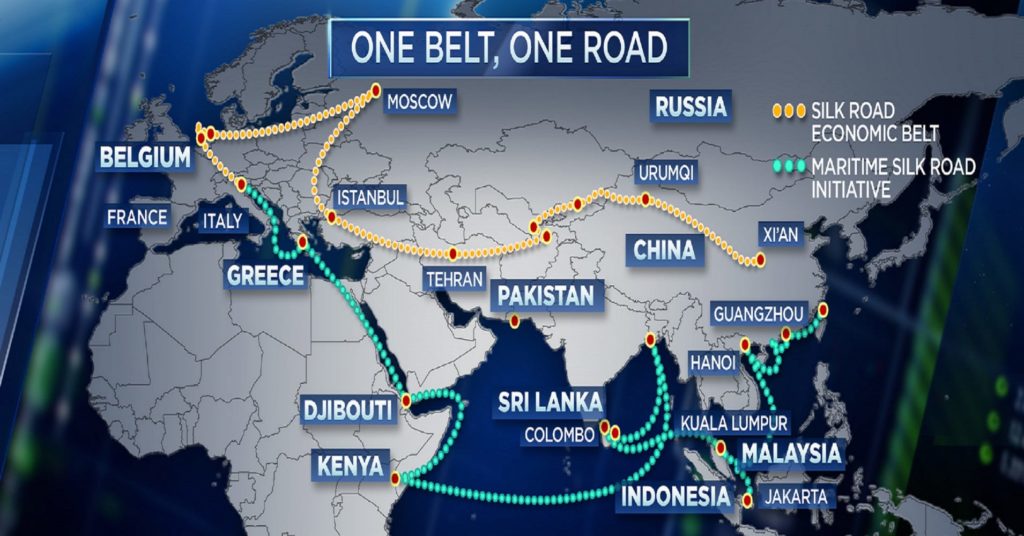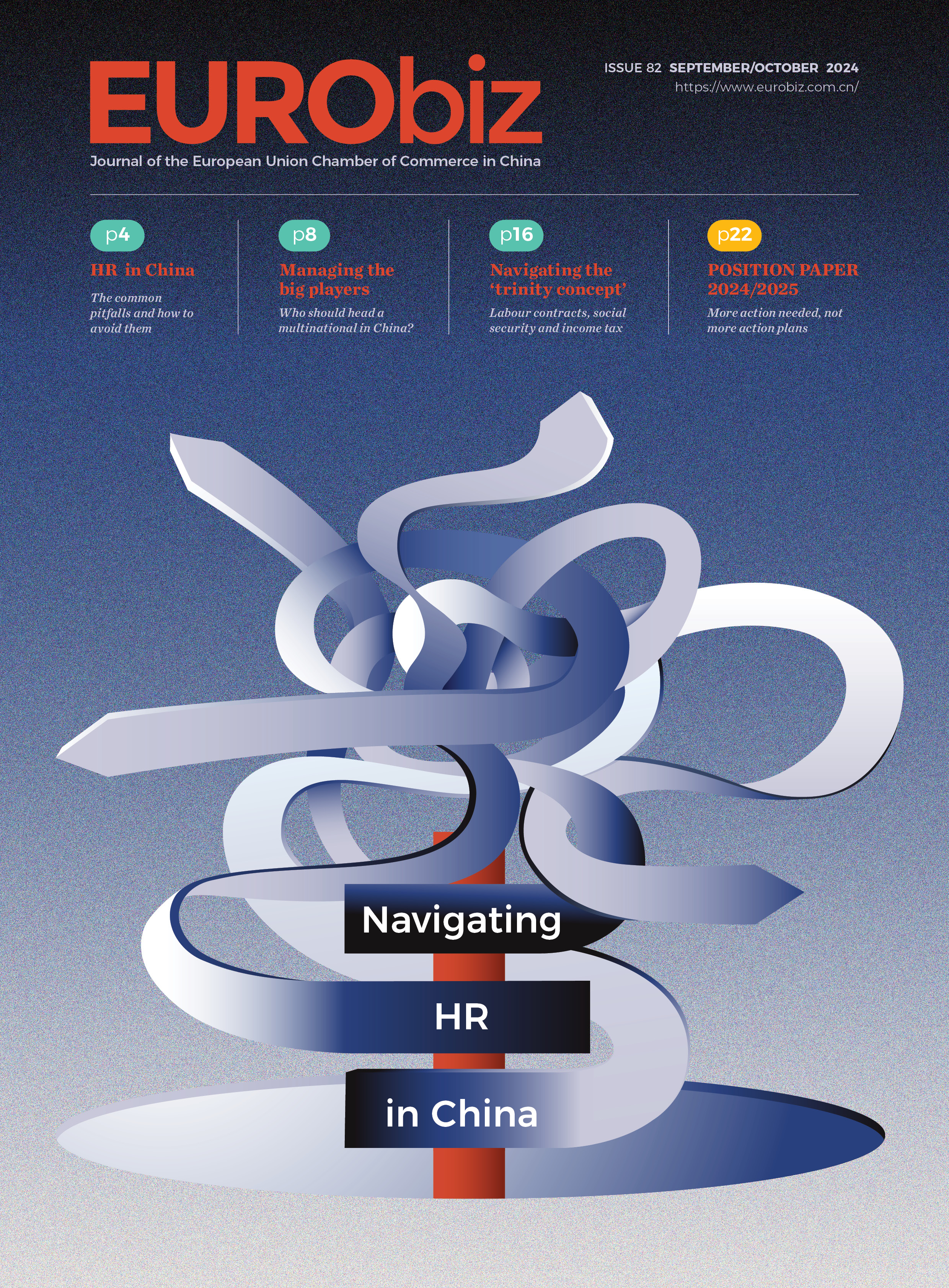
Proactively addressing compliance strategies for overseas investments
With the Chinese Government’s ‘going out’ strategy introduced in 1998 and the Belt and Road initiative (BRI) announced in September 2013, Chinese companies’ overseas investment projects have increased rapidly over the past 20 years. Many companies have realised they face various risks when taking on offshore investment projects in developing countries or emerging markets, many of which have poor governance of corruption. Investors are often also unfamiliar with the cultures, laws, and regulations of these regions. Selina Shi of Grant Thornton gives some advice on how enterprises should prep their compliance systems before financing projects in unfamiliar jurisdictions.
Transparency International’s (TI’s) Corruption Perceptions Index (CPI) 2019 report covers 180 countries worldwide.[1] These include 59 of the countries along the Belt and Road, spreading across Asia, North Africa, Central Asia, Mongolia, Russia, and Central and Eastern Europe. The report indicated that the CPI scores of 35 of these countries are below average, which could be a clear indicator of poor governance of corruption.

Quite often, companies fail to appreciate the risks involved in investing overseas, particularly in countries and regions with corruption problems. A slow response to these risks might lead to the failure of the investment. Establishing a robust compliance system is crucial, since it can help companies avoid such risks and minimise compliance issues that may arise in the course of daily operations following investment.
On 26th December 2018, China’s National Development and Reform Commission (NDRC) issued the Guidelines for Compliance Management of Overseas Operations of Enterprises. This document clarified the content required and key aspects of compliance management for overseas operations, while also providing some essential guidance. The Guidelines recommend, in the process of establishing a compliance system, enterprises should also consider creating corresponding mechanisms to evaluate and monitor the system’s effectiveness. Some of these are outlined below.
- When an enterprise targets a new market, there are various entry modes it could consider. However, whether it intends to set up a wholly-owned subsidiary, forming a joint venture (JV), or merging and acquiring a local company, the enterprise should first carry out targeted compliance due diligence. Companies are increasingly adopting compliance due diligence as an essential means of compliance management. This strategy can expose any potential risks from violations by business partners and help companies make advance judgements in order to avoid trouble further down the line.
For example, if an enterprise plans to establish a JV in its target market, when it conducts detailed due diligence on potential partners, in addition to investigating the other firms’ basic information and commercial qualifications, the enterprise should pay attention to the others’ compliance background, litigation records and government relations. The investing enterprise needs to understand how it or its key management personnel will connect with the JV company, taking into account factors such as whether their relations could end up being competitive rather than collaborative.
If we take as another example an enterprise planning an acquisition of a local company, their compliance due diligence should also include on-site visits to properly assess whether the target company has any compliance management weaknesses and to evaluate any possible risks.
- Once a company has entered the market, compliance management becomes a priority. The company will need to develop compliance policies and effective training for staff, identify and assess risks, and build transparent communication channels and proactive monitoring procedures.
The company should ensure that its compliance policy and procedures are as transparent and straightforward as possible, and in line with local customs to help local employees easily understand what is required of them. If their employees feel confident in using internal reporting channels, it will allow the company to closely observe its ethics environment.
It is essential for an enterprise to assign people who understand the cultural differences between the company and its local employees to carry out the training. Engaging local professional lawyers and accountants to assist in training may be an approach worth encouraging.
The policies of developing countries and emerging market countries are usually in flux, so companies should be able to identify and track any relevant developments in a timely manner. Moreover, it must be able to position itself in line with the new regulations. The company should also consider conducting industry analysis to understand the market benchmarks to identify any risk areas and determine the potential degree of risk.
If a company lacks systematic, strict, and efficient compliance management, it will likely experience huge losses, especially in terms of capital. Therefore, improving internal audits and supervision will give investors not only in-depth understanding of a target company’s business conditions but also access to its compliance status. In day-to-day project management, compliance due diligence can be applied to business partners, such as suppliers, agents, or third-party intermediaries.
For construction projects—such as the BRI-related infrastructure projects—companies inevitably need to deal with upstream suppliers. To avoid entering into partnerships with vendors that may lead to compliance problems, careful handling of the contract negotiations, project subcontracting, and bidding processes is vital. At present, the general norm internationally is that anti-corruption laws do not distinguish between a company and any third parties that pay bribes on their behalf. Therefore, enterprises must be cautious when selecting third-party partners.
Since enterprises wishing to compete globally are faced with ever-increasing government supervision worldwide, compliance has become a new normal. Establishing a sound compliance system and culture internally can give a company ‘soft’ competitiveness when it comes to dealing with and resisting the related risks of conducting business overseas. Without this type of competitiveness, it is difficult for enterprises to adapt to the changes in global competition. Compliance is not only an inevitable trend for overseas investment, but also provides a guarantee for healthy development of these business operations.
Grant Thornton China invests in improving services in diversified areas to help our clients unlock their potential for growth. Grant Thornton Forensic Advisory Service delivers solutions of cross-border investigations, litigation, and dispute settlement.
Selina Shi is an experienced senior manager in the Forensic Advisory
Services Practice in the Shanghai office. She has over 15 years of experience
in forensic investigations, compliance monitoring, assurance, and internal
control review and risks assessment. She is a Certified Fraud Examiner (CFE)
and a Certified Public Accountant (CPA).
[1] https://www.transparency.org/cpi2019


Recent Comments